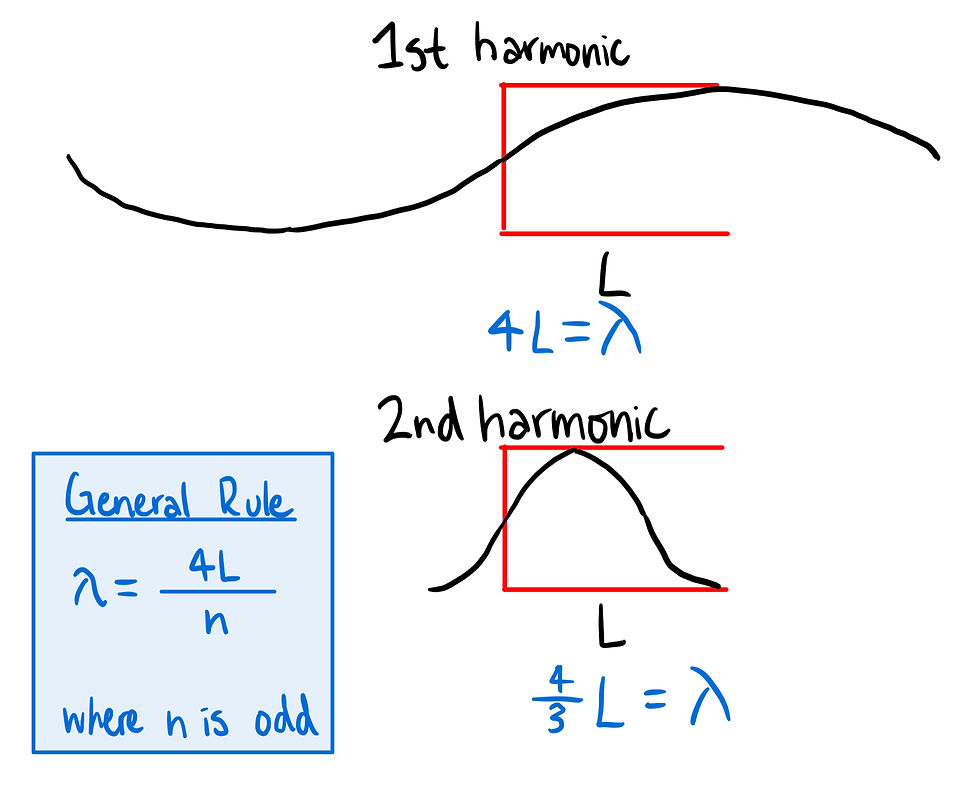PhysicsBowl 2017 Q42
- keshprad

- Jun 6, 2020
- 1 min read
42) For this question, we know that the rod is in static equilibrium rotating about a point on the ground. The problem also specifies that both tensions have the same magnitude.
In order to solve this question, we will use the fact that the rod is in static equilibrium. We can start by looking at the torques since the net torque will be 0.

If we calculate the torque about the rod's pivot at the ground, we can solve this quickly. Notice that it is unnecessary to consider the normal force & force produced by the pivot. This is because its radial distance from the pivot point is 0, and will have no effect on the torque.
Additionally, make sure to remember that the rod has a weight, which we are told is the same magnitude as the tension forces. We can think of, and base our calculations such that, the force of gravity is applied at the center of mass. In this case the center of the rod.
It is known that the torque is Force cross-product with radius. This means we only need the perpendicular components. In this case, it will be easiest to take the perpendicular component of the radius, rather than the force. Remember to also use the right-hand rule to decide whether the torque produced by a force should be positive or negative in magnitude.

Since the rod is in static equilibrium, we can set the net torque to 0.

Finally, we can use the equations found in part 1, to solve the equation found in part 2.

Answer: C




Comments